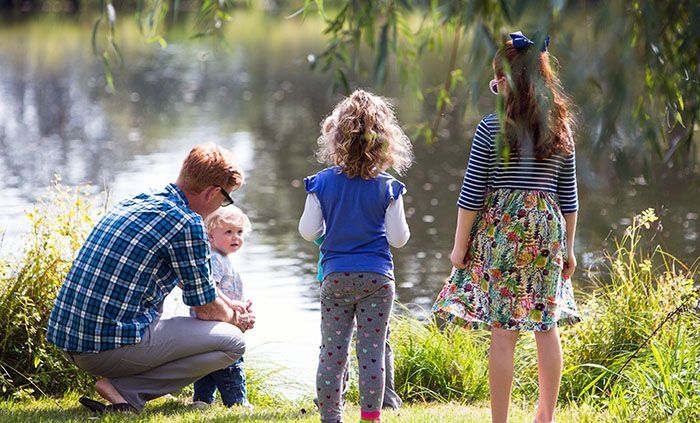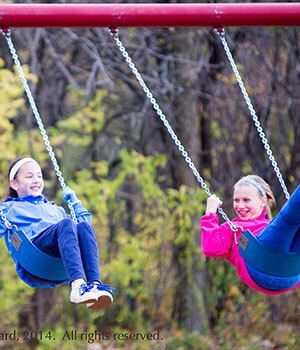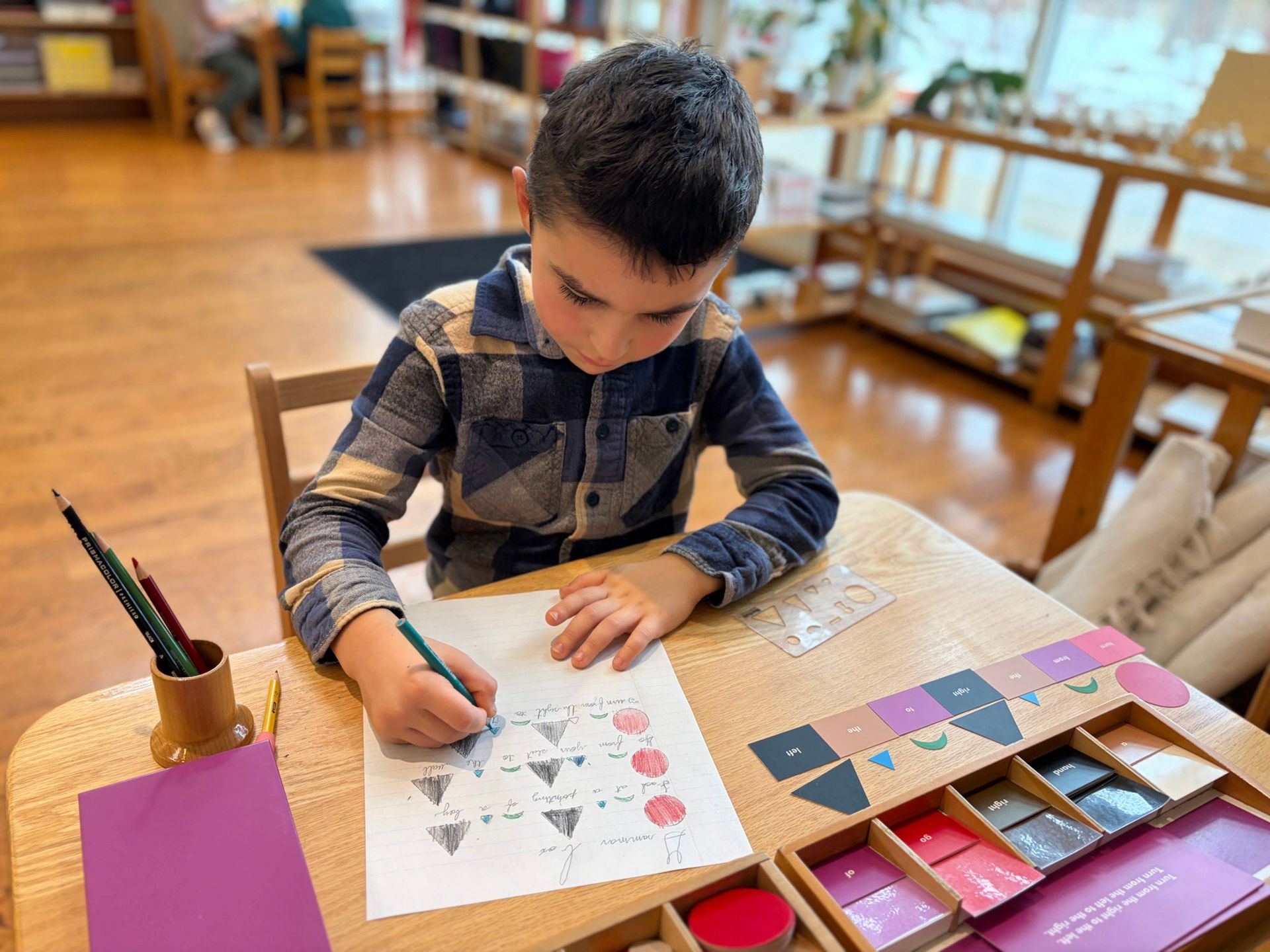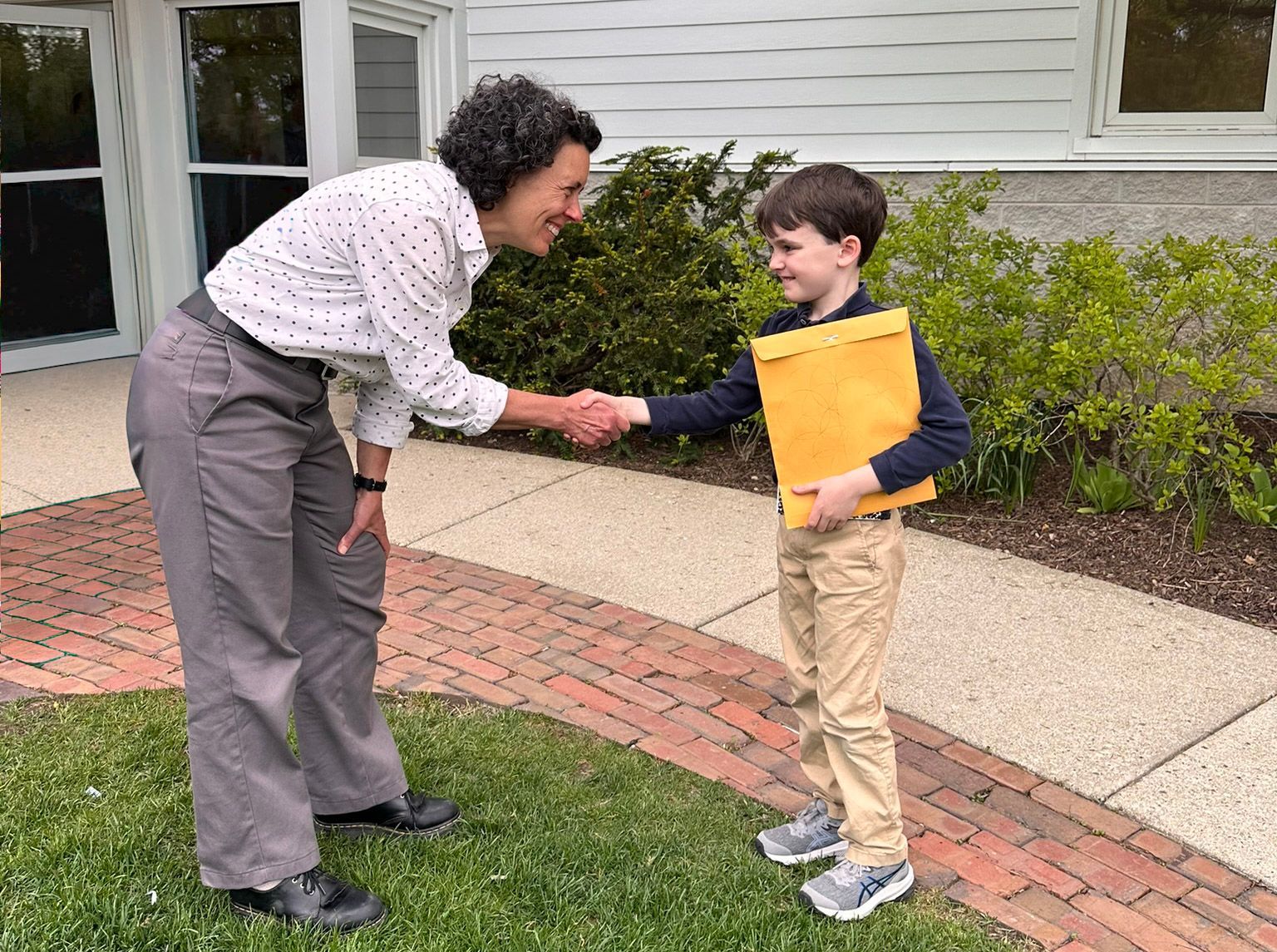
This post was originally published in 2017 and has been updated to include suggestions about how to talk to children about Coronavirus (See final section).
Talking to Children About the Uncertainties of Life
How do we talk to our children about unfortunate events such as terrorist acts, accidents, natural disasters, epidemics, mental illness, family deaths, divorce, or any surprise or situation that brings disappointment or painful emotions? There is no way to make these conversations easy, and there is no one-size-fits-all solution. But our children need these conversations, and we must be thoughtful with the words we use, knowing that they are watching us closely to learn about living with the uncertainties of life.
We actually prepare our children for what may come in life every day—mostly unconsciously, though sometimes consciously—through modeling behaviors, making comments in their presence, or by saying something that gets a conversation started. Adults help children to dig down their roots of beliefs to make them strong, to reach for the sky in their hopes, and to embrace the beautiful cycles all around us. The biggest gift we can give our children is to teach them to embrace and appreciate this life.
Most adults can recall moments, conversations, or behaviors they observed as children that helped them shape their own beliefs and attitudes for difficult times. From when I was five to 13 years old, several of the pets on our small farm died, from illness, accident, or old age. I was a big animal lover, so I was attached to each of them. What helped me to deal with such experiences were the hours upon hours that I spent in nature, the supportive community I was raised in, and the numerous little conversations I had with my mother. My mother had a very natural way of talking about life. She was very matter-of-fact about her spiritual beliefs; she prayed out loud and talked to God as if he were right there listening. She didn’t hide her tears or grief. She actually had some dire challenges of her own while I was growing up, and while she certainly did not go overboard by telling me too much, she spoke honestly if I asked questions. The impression she gave me was that hard things happen, that we can all handle them, that we have many resources for facing them, and that we are offered a helping hand by God if we seek it. (God in our family meant the Universe, the Spirits, or the power in Nature—we were free to choose).
Through these conversations and my time spent pondering in nature, I created my own ideas about how and why things happen and what we can do to survive them. I wrote stories and thought about life’s mysteries. I found ways to comfort myself with my thoughts. The fact that my mother admitted to the mysteries and demonstrated her strong faith that goodness, truth, and beauty will eventually always triumph over evil gave me that special blend of reality and hope to work with.

Now that I am a parent, I actively collect advice from different experts and think about how such wisdom fits in with our Montessori approach to parenting. Modeling is the most powerful way to teach our children anything. When we are dealing with our own adult sadness, it can be hard to know what to say to our children or how to act in front of them. Cynthia Waderlow, MSE, LCSW shares this advice: “We are authentic in our own experience of loss, and we want to witness the experience of the child.” She says, “We always want to promote language… to teach babies [and children] to engage, to enjoy social pleasures, to get needs met, to learn the power of narrative and to begin to notice others' experiences.”
Learning to notice another person’s feelings and to connect with a hug or eye contact begins in the first year of life. Even infants are picking up on how to empathize, comfort, and build positive beliefs. Modeling vulnerability makes us accessible to our children. Pastor Robert de Wetter writes in his Snowmass Chapel blog, “vulnerability is the key to a life of joy and purpose, and ultimately the path to connectedness with ourselves, others, and God...The path to connectedness is a willingness to be vulnerable, to risk being who we really are, not who we think we need to be, to share what is within the deep recesses of our souls, and to be real and authentic.”
We must be respectful that our children’s feelings and experiences, however, are not exactly the same as our own feelings and experiences. Dr. Alex Lickerman cautions, “Adults need to be aware of whether they are treating their children’s fears and emotions, or their own.” In fact, every psychologist I spoke with on the subject of helping our children with difficult emotions said this same thing: “Always start with questions, and listen to the child. Listen more, talk less.” Only after doing so will we have information to guide our conversations with our children. This is very much in line with Maria Montessori’s approach. If we tend to launch into lectures, we may give far more information than a particular child was ready to handle. But in small, tidbit conversations here and there, we can let our children know that they can come to us with any question or topic and we will answer them honestly and as best we can.
Sometimes our children may ask us to talk about something we’re not comfortable with. It is always an option to say, “I need to think about how I want to answer that very good question. I’m going to think about it and get back to you when I’ve had time to gather my thoughts.” This demonstrates that doing so is always an option. This buys a parent time to collect ideas, choose words, and present their more comfortable, confident self to their child. On the other hand, avoiding a topic altogether can isolate the very people we would like to help, and we don’t want to presume how anyone might feel. Stressing respect for every person’s own unique, individual journey, we can ask questions and reach out to invite conversation. Conversations can serve as conduits and connectors for all involved.
Children’s feelings and beliefs evolve over time as they mature. A child may tell you that she has come up with a theory you fear will disappoint her later, but it is important to acknowledge, accept, and demonstrate that it is always okay for each person to have his or her own feelings or beliefs. You can share yours, demonstrating that sharing thoughts is always acceptable and welcome.

Phrases for Dealing with the Uncertainties of Life
Over the years, I have collected ideas from different friends’ stories of announcing divorces, illnesses, or sudden events that affect their children’s lives. Here are some phrases I’ve heard that may be useful after delivering sad news:
- “Here are some of the things you may see happen next…”
Tell the children what to expect, even unpleasant things they may witness, and balance it with equal mention of what good things they may witness, too.
- “We cannot be sure what is really going to happen, but what I can be sure of is…”
If you cannot think of much, you can always mention that the sun will rise and set, some days it will rain, summer will come again, things that are comforting in their dependability. You can also mention the love that will always be there, the hope that people have for peace, and the efforts of good people.
- “I am here to listen any time you want to share your thoughts, feelings or questions. So are, [list other trusted adults in your child’s life, such as certain teachers, coaches, parents, and other adult family members.]”
- “The way you can help is…”
These suggestions should be something simple that they can accomplish, like, “To hold [someone’s] hand,” or to “Bring [someone] a glass of water,” or “Write a letter or draw a picture to send to [someone].” This someone could be a beloved pet, a specific person or a stranger to express compassion to. Just suggest one action, something that’s a choice, something achievable a child can focus on. It should be something that is actually helpful, because as Montessori pointed out for us, children need a sincere sense of purpose and real (even if small) contribution in the world.
And of course, in a gentle tone, we have the choice to say,
- “I don’t have the answer right now.”
- “It’s an excellent question. Maybe some day human beings will find out more about that.”
- “You have noticed one of the greatest mysteries of life.”
- “People do these things sometimes, and we cannot always know their reasons.”
Getting expert advice from books, religious leaders, therapists, and wise, older friends and family members is important for all of us in times of difficulty. I encourage you to model the practice of finding help so that your children will always know that there are resources out there for their own lives. Grappling with the uncertainties of life is both a private and a collective experience. Human beings need one another!
When things are especially hard, we can get down, which can affect our children. We need to take care of ourselves first (the oxygen mask analogy) and then model some coping techniques. One of the best ways of doing this is to deliberately foster gratitude and joy. Look for big joys and little joys to be grateful for. When we cannot be joyful, we can aim for a small pleasure. Turn your car the other way and spontaneously go to get an ice cream cone. Plan a celebration. Surprise someone with a picnic in the snowy woods, candles all over their bedroom when they walk in, a bubble bath with real flower petals in it, a surprise trip for no reason. Reach out with a random act of kindness to someone you have been thinking about or to a total stranger. Stop often and take in the smells of the woods or the beauty of a scene, and go looking for such delights. Set an alarm and go to the beach to see the sun rise. Make an outdoor fire and roast marshmallows. Go out in the rain or in the clear, cold air. Pause to gasp, “wow!”
Talk with your children about some good things that may happen in the future, helping everyone to look ahead with hope. Embrace all the good, because life is always “this and that.” Maria Montessori’s educational approach is grounded in reality but filled with hope for humanity, respect for nature, and faith in the unseen. When we approach this topic of talking with children about unfortunate things that happen in life, it can help tremendously to keep this balanced approach in mind.
No matter how we falter or struggle through experiences, the beauty is in the conversations and the connections that we forge during them. Every day is an opportunity for our children to build themselves into the strong, grounded, brave people that they will become. The connections between us all grow like a web that attaches us to one another, surrounds our children in community, and makes us a larger family.
Talking to Children About Coronavirus (March 2020 Update)
When talking about Coronavirus around your children, we suggest that you be matter-of-fact and respectful of others’ concerns. We also suggest that you avoid watching the news in front of them, so that you have agency in using the wording you think is most helpful for your own children and their specific ages.
You might explain, “There are tiny germs called viruses that can make us sick. They are so small that we cannot see them with our eyes, but they are inside us and around us. Most of them only make us a little sick. But some come from far away, and can make some people feel more sick. You might even hear about them on the news. Coronavirus is a virus that is difficult for some human beings, but not for everyone, especially not for children. We also all have tiny things inside our bodies called antibodies. Antibodies keep us healthy. We need to give our bodies sleep, good food, water, and positive thoughts, so that our antibodies can be strong enough to do their jobs really well every day.”
We recommend that, in Montessori fashion, you emphasize to your children, “Human beings are incredible problem solvers. There are scientists and doctors working together all over the world to learn about the Coronavirus so that we can keep it away from our bodies and make our antibodies even stronger than the Coronavirus. Maybe someday you will grow up to help with these things, too! But whatever you do when you are older, your job right now is to learn about whatever interests you from school and books, so that you can grow up to help people in your own way. Right now you can help people just by loving and caring about them.”
Stay informed:
Centers for Disease Control and Prevention
A Comprehensive Guide to the Coronavirus
Recommended Reading
Lifetimes: The Beautiful Way to Explain Death to Children, by Bryan Mellonie and Robert Ingpen
I Can Make a Difference: A Treasury to Inspire Our Children, by Marian Wright Edelman
The Undefeated Mind: On the Science of Constructing an Indestructible Self, by Alex Lickerman, MD
The Spiritual Child: The New Science on Parenting for Health and Lifelong Thriving, by Lisa Miller, Ph.D.
The Optimistic Child: A Proven Program to Safeguard Children Against Depression and Build Lifelong Resilience, by Martin E. Seligman, Ph.D. (author of Learned Optimism)
The Childhood Roots of Adult Happiness: Five Steps to Help Kids Create and Sustain Lifelong Joy, by Edward Hallowell
The Book of Joy: Lasting Happiness in a Changing World, by the Dali Lama and Archbishop Desmond Tutu with Douglas Abrams
Books can also be ordered through the Lake Forest Bookstore located at 622 N Western Ave, Lake Forest IL, Phone: 847-234-4420


